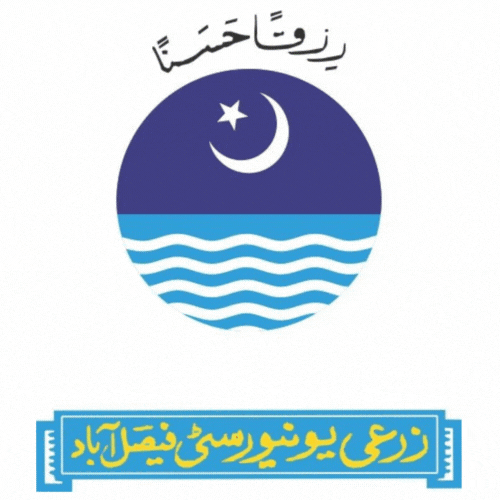
Speakers at an International Workshop on Monday called for building knowledge based economy coupled with strong academia-industry linkages in order to cope with challenges including unemployment, poverty, food security and economical church.
Speakers at an International Workshop on Monday called for building knowledge based economy coupled with strong academia-industry linkages in order to cope with challenges including unemployment, poverty, food security and economical church. The workshop on Intellectual Property in the Global Context and Technology Transfer Infrastructure was arranged by US-Pakistan Centre for Advanced Studies (CAS) in Agriculture and Food Security, University of Agriculture Faisalabad in collaboration with Office of Research Innovation and Commercialization, UAF. Addressing the inaugural session, UAF Vice Chancellor Prof Dr Iqrar Ahmad Khan said that researches must be translated into the goods and services. He stressed upon the need to conduct researches keeping the demands of industry in view so that the culture of innovation can be boosted. He said that it was the duty of the researchers to find out the solution to the problems of a common man. He showed his concern that this year, the cotton crop had faced debacle not only due to climate changes but also malpractices of BT cotton seed . He also lamented that the Seed Act was being violated and there is the need to enforce law effectively. He saluted Borlaug, the great agri scientist, for bringing the green revolution, saying that Borlaug led the introduction of these high-yielding short-statured varieties to Mexico, Pakistan, and India. Resultantly, wheat production had doubled. He said that services of Borlaug as well as Rockefeller will be remembered forever for the food security and uplift of the agriculture sector. He said that the country was having the enough food available but there is the issue of affordability. He said that the majority of Pakistan citrus consists of Kinnow. The University of California introduced the Kinnow as the result of a research. It was brought at UAF and propagated and multiplied on the basis of commercial variety. Addressing on the occasion, Public Intellectual Property Resource for Agriculture ( PIPRA) Executive Director Alan B Bennett said developing countries need better technology. He said they were working for the developing countries to access new technologies. He said that the University of California Davis has given the birth to 200 start-up companies from 2009 to 2012 that brought 119 million dollar revenue. He said Intellectual property right (IPR) decisions upstream can play a key role in ensuring widespread access to innovations. In gaining access to technologies from both public and private sectors, IPR can be an important consideration. Director CAS Prof Dr Bashir Ahmad said under the CAS, all-out efforts were being with the help of University of California Davis to ensure the food security in the country. He was of the view the CAS was enhancing UAF capacity and making the curriculum improvement to produce the highest quality workforce in the fields of food and agricultural production. He said that under the CAS, 100 foreign scholarships are being offered every year. Dr Monica Alandete-Saez, Director of Analysis and Research, from PIPRA said that technology transfer was vital to make the development efficiently to meet the demand of the modern era. She also called for strong academia-industry linkages that will help the both sides to benefit. Dr Nancy from University of California Davis said that we need to understand the problems of the farming community and conduct the research work accordingly to address their issues. Dr Asif Ali said that UAF was the first agricultural institution in the subcontinent and mandated for the agriculture and rural development. He said that we are striving hard to address the issue of the farming community and industry.

